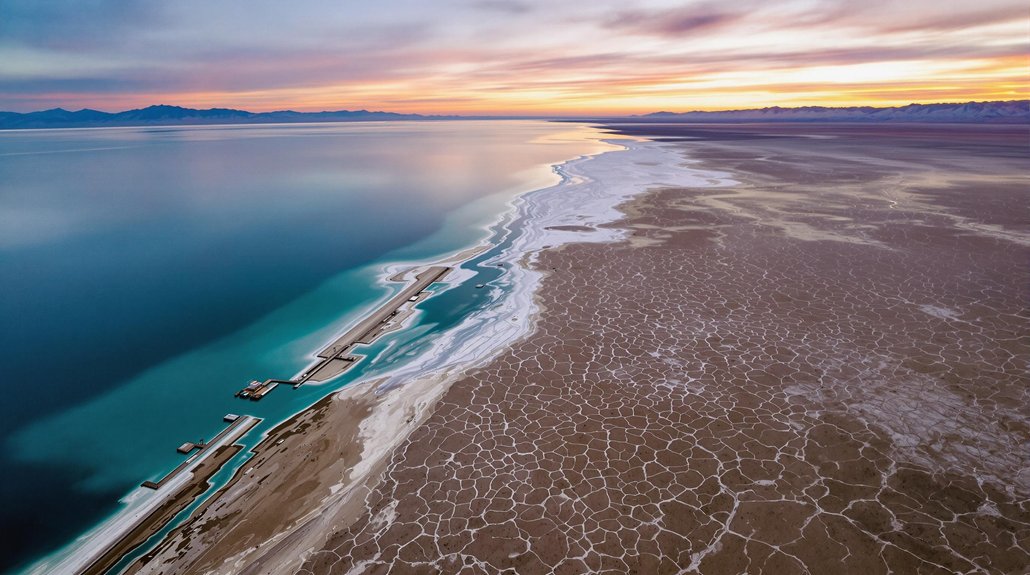India’s suspended the Indus Waters Treaty with Pakistan and isn’t wasting time. They’re launching massive hydro projects in a three-stage assault on Pakistan’s water supply. First, desilt rivers. Next, build more dams. Finally, overhaul policies to keep “not a single drop” flowing across borders. Pakistan’s farmers? Out of luck. Environmental impacts? Huge. And nuclear-armed neighbors fighting over water? What could possibly go wrong?
Countless drops of water have become India’s newest weapon in its decades-long conflict with Pakistan. Following recent tension and security incidents, India has suspended the Indus Waters Treaty—a landmark agreement from 1960 that has governed water sharing between the two nuclear neighbors for over 60 years. Not exactly your typical diplomatic note.
The message from Delhi couldn’t be clearer: mess with us, and we’ll turn off your taps. High-level government meetings have produced what officials are calling “historic” decisions to control, restrict, and potentially halt water flow to Pakistan. Funny how “historic” always seems to mean “we’ve decided to make someone else’s life harder.”
Delhi’s water gambit: another “historic” decision where history means someone else suffers.
This isn’t just talk. India has deployed a three-stage strategy that starts with immediate actions like desilting rivers to enhance water storage.
Step two involves building new dams and expanding existing infrastructure. The long game? Complete policy reforms and permanent reconfiguration of water sharing. The roadmap’s goal is brutally simple: “not a single drop” of Indus water should reach Pakistani soil.
Projects like the Baglihar Dam and Kishanganga Hydroelectric Plant have already sparked heated disputes. Pakistan claims these structures illegally restrict water during essential agricultural seasons. India shrugs and calls it “national interest.”
Water was once just water. Now it’s a strategic asset, a bargaining chip, a threat. Officials openly frame these hydro projects as retaliation against perceived support for terrorism. Every dam stands as a concrete warning.
The economic consequences for Pakistan’s agriculture could be devastating. Pakistani farmers, already struggling with climate change, now face unpredictable water supply controlled by their rival. Pakistan has historically made clear that it considers any disruption of water flow an act of war.
Beyond the geopolitical tensions, these massive hydro projects bring serious environmental sacrifices including blocked fish migration and altered river ecosystems that will affect communities on both sides of the border.
Trust? Long gone. Cooperation? Please. The weaponization of water marks a dangerous evolution in South Asian geopolitics, where even the most basic resources become tools of statecraft. Pakistan has retaliated by closing its airspace to Indian airlines, further escalating tensions between the nuclear-armed neighbors.
When rivers become bargaining chips, everyone downstream loses. That’s just how gravity works.
References
- https://strafasia.com/water-as-a-weapon-analyzing-indias-suspension-of-the-indus-water-treaty/
- https://www.youtube.com/watch?v=PsE2RSagjbI
- https://economictimes.com/news/india/india-works-on-a-3-part-plan-to-halt-water-flow-to-pakistan-inside-centres-short-mid-long-term-strategies/articleshow/120636908.cms
- https://strafasia.com/weaponizing-water-indias-iwt-suspension-and-the-climate-security-crisis-in-south-asia/
- https://policy-wire.com/weaponization-water-india-pakistan/









